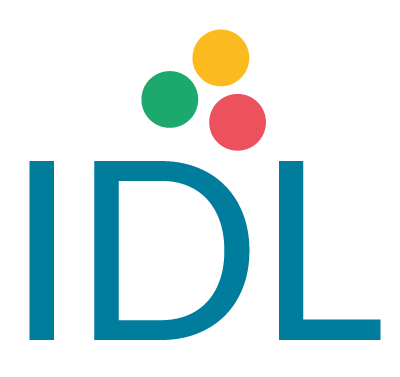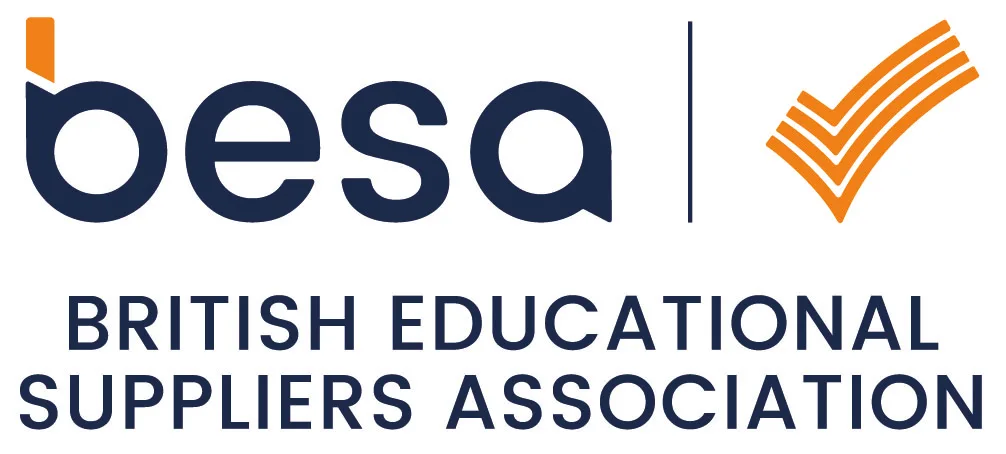This website uses cookies so that we can provide you with the best user experience possible. Cookie information is stored in your browser and performs functions such as recognising you when you return to our website and helping our team to understand which sections of the website you find most interesting and useful.
What is Dyscalculia?
Dyscalculia is an under-researched learning difficulty worldwide and as a result, there is little guidance for teachers on how to provide dyscalculia support in schools. We would like to take this opportunity to provide you with some valuable insights into dyscalculia, the indicators and how to assess it. It is estimated that between 5% and 8% of children have dyscalculia.
The below definitions are the ones most commonly used:
- Dyscalculia is a condition that affects the ability to acquire arithmetical skills. Dyscalculic learners may have difficulty understanding simple number concepts, lack an intuitive grasp of numbers, and have problems learning number facts and procedures. Even if they produce a correct answer or use a correct method, they may do so mechanically and without confidence. (DfES 2001)
- A congenital condition: its effects on the learning of numerical skills can be very profound. (Butterworth)
- Dysfunction in the reception, comprehension or production of quantitative and spatial information (Sharma).
Indicators of Dyscalculia
There are many indicators of dyscalculia and not all of them are maths related. These include:
- An inability to subitise even very small quantities
- Poor number sense
- An inability to estimate whether a numerical answer is reasonable
- Inability to notice patterns
- Inability to generalise
- Slow processing speed
- Immature strategies – for example counting all instead of counting on
- Weaknesses in both short-term and long-term memory
- An inability to count backwards reliably
- Weakness in visual and spatial orientation
- Directional confusion
- Difficulty sequencing
- Difficulty with language
- Poor memory for facts and procedures
- Difficulties in word problems and multi-step calculations
- Problems with all aspects of money
- Marked delay in learning to tell the time
Carter's Charity Primary School -Janina CalleryPupils are really enjoying using the program. The results with one particularly hard to motivate have been amazing!
Improving the wellbeing of children with dyslexia and dyscalculia

Our Products View All Products
Literacy
The IDL Literacy Intervention Software is a speaking-computer based multi-sensory system which supports learners with dyslexia and other learning difficulties.
Learn More
IDL Numeracy
IDL Numeracy is a maths numeracy software resource that helps to improve the ability of low-attaining learners in mathematics.
Learn More
IDL Wellbeing
IDL Wellbeing is an exciting new product designed to integrate with a whole-school approach to mental health, toughness and behaviour management.
Learn More
IDL Literacy Screener
The IDL Literacy Screener is a simple, effective online tool that students and teachers can use to highlight dyslexic-type difficulties.
Learn More
IDL Numeracy Screener
The IDL Numeracy Screener has been developed to provide a simple to use online test that will highlight number SEN.
Learn More
IDL Maths Tutorials
Math Tutorials are a new set of online math tutorials that present the main topics in the school curriculum in an easy-to-follow, step-by-step way.
Learn More
IDL Multiplication Tables Check
This revision tool prepares learners for the mandatory Multiplication Table Check (MTC), which is now statutory for all primary schools in England.
Learn More














